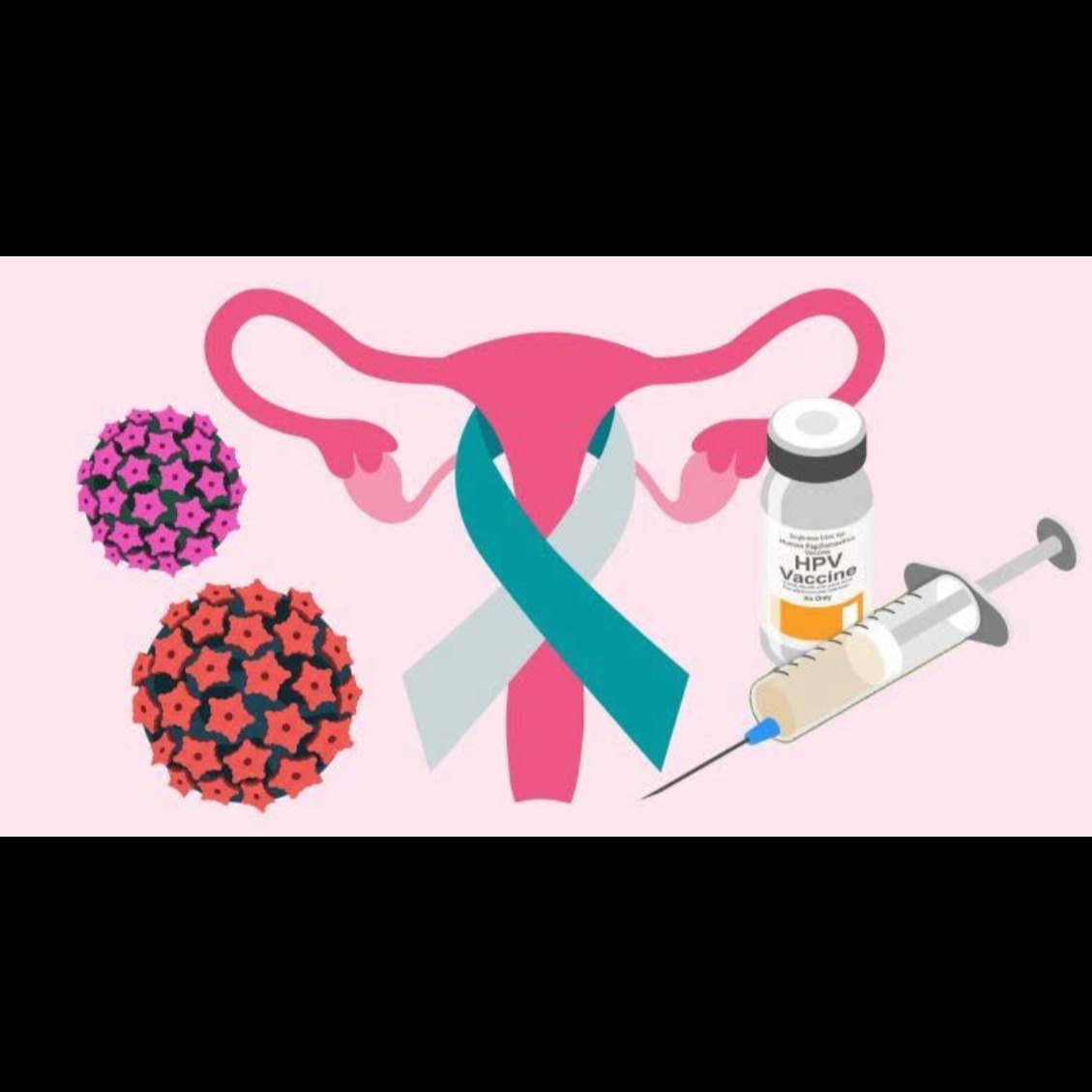+918655696500

This is your website preview.
Currently it only shows your basic business info. Start adding relevant business details such as description, images and products or services to gain your customers attention by using Boost 360 android app / iOS App / web portal.
Breaking the Silence on Cervical Cancer: What E...

Breaking the Silence on Cervical Cancer: What Every Indian Should Know About HPV and Prevention Cervical cancer is the second most common cancer among Indian women, and yet, it remains one of the most preventable forms of cancer. With awareness, vaccination, and regular screening, we can dramatically reduce its burden. Let's break down what cervical cancer is, what causes it, and most importantly—how you can protect yourself and your loved ones. What is Cervical Cancer? Cervical cancer begins in the cervix—the lower part of the uterus that connects to the vagina. It's mainly caused by a persistent infection with a virus called Human Papillomavirus (HPV). If not detected early, this slow-growing cancer can become life-threatening. But early detection and prevention can stop it in its tracks. The Alarming Numbers In 2022 alone, India reported over 127, 000 new cases of cervical cancer and nearly 80, 000 deaths. That's one woman dying every 7 minutes. Shockingly, India accounts for 20% of the global burden of cervical cancer. Unless action is taken now, new cases in India are projected to increase by over 50% by 2040. ________________________________________ The Culprit: HPV Virus HPV is a very common virus, transmitted through close skin-to-skin contact, especially during sexual activity. Out of the 200+ types of HPV, about 40 infect the genital area, and a few high-risk types—especially HPV 16 and 18—are responsible for over 80% of cervical cancer cases in India. Other high-risk types (31, 33, 45, 52, 58, etc.) contribute to the remaining cases. Co-factors such as immunosuppression, smoking, alcohol, co-infections, polygamy and high parity can accelerate the progression from infection to cancer, which typically takes 10–15 years or more. Most HPV infections don’t cause symptoms and clear on their own. But if the virus stays in the body, it can slowly cause changes in cervical cells, leading to cancer over 10 to 15 years. Who Can Get HPV? HPV doesn’t discriminate. Most people—men and women—get infected at some point in their lives, often without knowing it. That’s why vaccination at an early age (9–14 years) is critical. It’s not about promoting early sexual activity; it’s about protecting children before they are exposed to the virus. ________________________________________ HPV Vaccine: Your Shield Against Cervical Cancer The HPV vaccine is a game-changer. It uses a harmless part of the virus to teach your immune system to fight off real infections. HPV vaccines are made from recombinant L1 capsid proteins that form virus-like particles. These vaccines are non-infectious and non-oncogenic, producing higher levels of neutralizing antibodies than natural infection. The vaccine is: • Highly effective: Prevents 70–90% of cervical cancers • Safe: Approved by WHO and CDSCO, with no major long-term side effects • Available in India: Under brand names like Cervavac, Cervarix, Gardasil, and Gardasil-9 Dosage Recommendations: • Ages 9–14: 2 doses (6 months apart) • Girls (15–45 years): 3 doses • Boys (15–26 years): 3 doses Yes, boys benefit too—they are protected from HPV-related cancers like penile, throat, and anal cancers. Vaccinating at an early age (9–14 years) is beneficial because the immune response is more robust, and it increases the likelihood of vaccination before HPV exposure. Additionally, it can be combined with other vaccines. Debunking Common Myths ❌ “HPV is rare.” ✅ HPV is the most common sexually transmitted infection globally. ❌ “HPV vaccine causes infertility.” ✅ There is no scientific evidence linking the vaccine to infertility. On the contrary, preventing cancer helps preserve fertility. ❌ “Only girls need it.” ✅ HPV affects all genders. Vaccinating boys helps reduce the spread of the virus and protects them from cancers too. ❌ “It’s too late once you're sexually active.” ✅ Even if someone is sexually active, the vaccine can protect against HPV strains they haven’t been exposed to yet. ❌'HPV vaccine has serious side effects'. ✅Common side effects include pain at the injection site or fever, but no serious adverse effects have been reported. ❌'Vaccinated girls become promiscuous'. ✅There is no evidence to suggest an increase in sexual activity. The vaccine is administered at ages 9–14 to ensure protection before any sexual contact. Cancer Screening Saves Lives Along with vaccination, regular Pap smears are key to detecting abnormal changes in the cervix before they become cancerous. A simple, quick test can literally save your life. A Pap smear involves collecting cells from the cervix and examining them under a microscope for any abnormalities. This screening method has significantly reduced cervical cancer incidence over the past 50 years. ________________________________________ Final Thoughts Cervical cancer is largely preventable, but only if we act. As a community, let’s fight misinformation, promote vaccination, and encourage regular screenings. Whether you're a parent, a teacher, a healthcare provider, or simply someone who cares—your voice matters. Let’s give every girl—and boy—a fighting chance against cancers. ________________________________________ Written by Dr. Kiran Shinde Aiwale Consultant Obstetrician & Gynecologist Solaris Superspeciality Hospital, Thane

